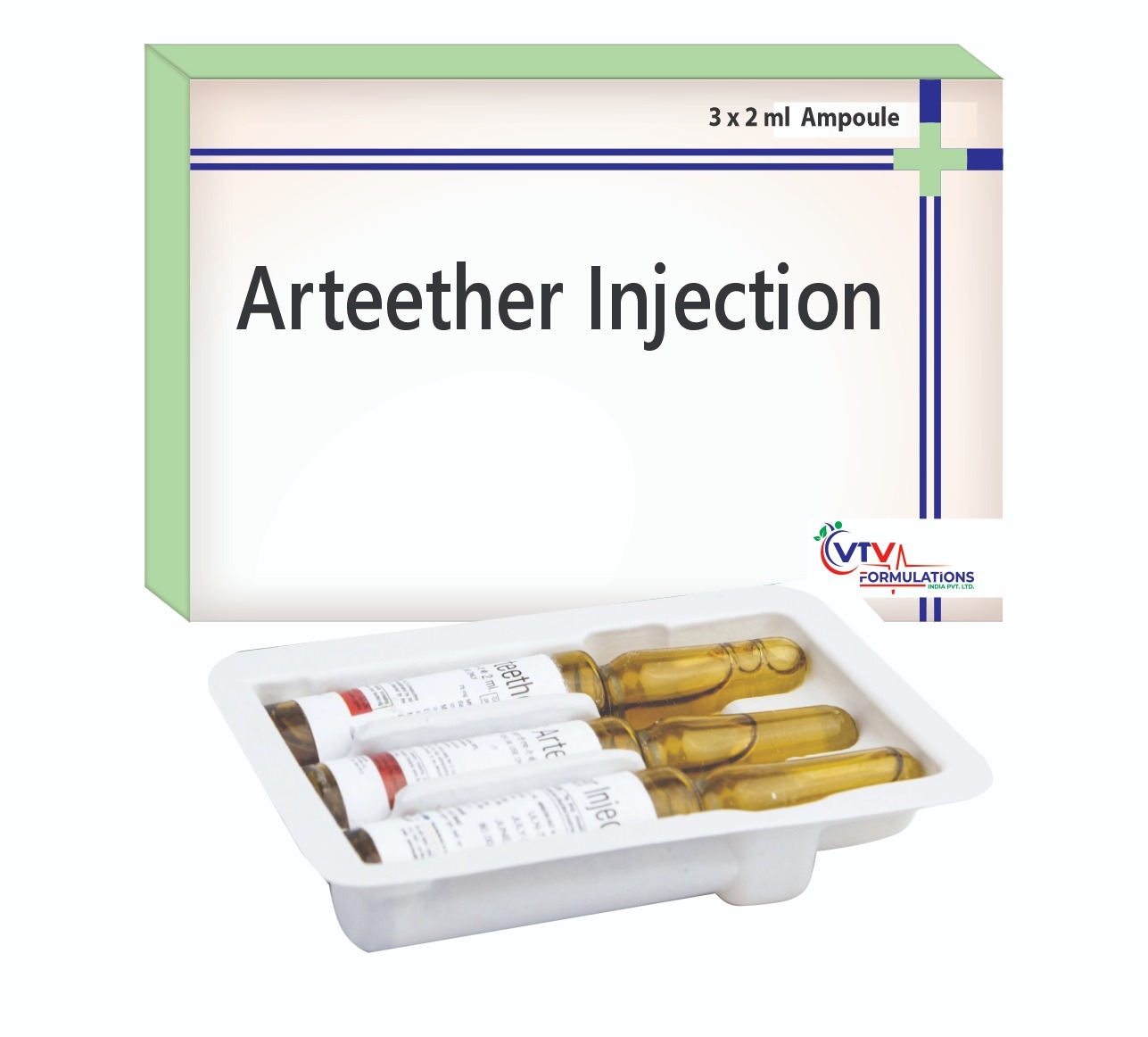
Managing Your First Injection Order — Balancing Costs and Quality
Securing your first injection molding order is an exciting milestone for any business. It signals that your product idea is moving from the design stage into real-world production. However, the transition is rarely smooth. Suppliers and manufacturers often suggest modifications—sometimes for technical feasibility and sometimes for cost optimization. For example, they may recommend altering wall thickness, changing the resin type, or adjusting dimensions to ensure proper mold flow. While these changes may seem minor, they can significantly impact costs, timelines, and even the end-user experience.
The biggest challenge at this stage is balancing quality with affordability. New businesses in particular may feel pressured to cut costs wherever possible, but compromising on quality can lead to higher rejection rates, product recalls, or brand reputation issues down the line. To strike the right balance, it is essential to understand where the money goes in injection molding:
- Raw Materials – Resin choice drives both quality and cost. Commodity plastics like polypropylene (PP) or polyethylene (PE) are cheaper, while engineering plastics such as ABS or polycarbonate are more expensive but necessary for high-performance products.
- Tooling Costs – Molds are the most significant upfront investment. A simple single-cavity aluminum mold may cost ₹50,000–₹1,00,000, while a complex steel multi-cavity mold can exceed ₹10,00,000. The quality of the mold directly affects consistency and lifespan.
- Labor and Machine Costs – Running advanced injection molding machines requires trained operators. Though India offers lower labor costs compared to Western countries, specialized skills and setup times still contribute to expenses.
- Quality Control – Inspection and testing safeguard your product against defects. Cutting corners here often backfires, resulting in wastage, rework, or failed shipments.
- Packaging and Logistics – Often underestimated, these costs can add up, especially if products need export-quality packaging or cold-chain transportation.
Maintaining quality is not optional in injection molding. Small errors in temperature control, pressure regulation, or cycle timing can result in warped parts, sink marks, or weak joints. Defects not only increase costs due to scrap but also delay deliveries. This makes working closely with your manufacturer critical. Establish clear tolerances, inspection protocols, and approval processes before mass production begins.
India is a growing hub for injection molding, offering cost savings, skilled labor, and government support. Still, navigating your first order requires careful planning. The best approach is to collaborate with the manufacturer from the start, define non-negotiables (such as safety standards), and remain flexible where design tweaks can save money without hurting quality.

How to Find the Right Contract Manufacturer in India
Choosing the right manufacturing partner is often more important than the product design itself. A capable manufacturer can guide you through material selection, optimize your designs for manufacturability, and ensure on-time delivery. A poor choice, on the other hand, can lead to cost overruns, miscommunication, and subpar quality.
The search begins by defining your exact requirements. Ask yourself:
- What plastic materials are suitable for my product? Do I need commodity or specialty resins?
- What level of precision and tolerance do my parts require?
- How complex is the mold design?
- Do I need certifications like ISO 9001, ISO 13485 (for medical), or IATF 16949 (for automotive)?
- What is my production volume for the first year, and how might it scale in the future?
Once you are clear on your needs, you can begin evaluating potential manufacturers. Here are the key steps:
- Research and Shortlisting – Look for companies in industrial hubs like Baddi (Himachal Pradesh), Pune (Maharashtra), or Gujarat, which host clusters of injection molding specialists. Check their websites, past clients, and case studies.
- Assess Technical Capability – Ensure they have the right machinery. For example, multi-cavity molds and robotic arms are vital for high-volume runs, while micro-injection machines are essential for medical or electronics components.
- Check Certifications and Standards – A manufacturer serving international markets will usually have ISO certifications and strict quality management systems.
- Review Track Record – Client testimonials, references, and sample products are valuable indicators of reliability.
- Understand Their Cost Structure – Compare not only per-unit costs but also mold-making fees, minimum order quantities (MOQs), and lead times.
When you receive quotations, avoid the trap of selecting the lowest price. Instead, evaluate the value proposition. A slightly more expensive manufacturer who offers end-to-end support—from prototyping and mold design to packaging and shipping—can save you time and hidden costs.
Whenever possible, conduct a factory visit or virtual tour. Observe cleanliness, automation levels, and workflow efficiency. Ask to see their testing facilities and in-house mold workshop. If travel is not feasible, request video demonstrations or detailed documentation.
Before placing a large order, it is wise to start with a pilot run. This small production batch allows you to verify quality, confirm tolerances, and identify any issues before scaling up. Finally, ensure that your contract is watertight. It should cover intellectual property (IP) protection, confidentiality, timelines, quality standards, penalties for delays, and payment milestones.
Tips for a Successful Partnership with Indian Manufacturers
A strong manufacturer relationship is critical for long-term success. The following points summarize the most practical tips for building and maintaining that partnership:
- Clear Communication – Maintain consistent communication via calls, emails, or project management tools to avoid misunderstandings.
- Transparency – Share production forecasts, potential future orders, and design files so the manufacturer can plan resources efficiently.
- Encourage Feedback – Let the manufacturer suggest improvements for manufacturability, which can save costs and enhance product quality.
- Respect Timelines with Buffers – Account for potential shipping delays, customs processing, or production hiccups in your schedule.
- Implement Quality Checks – Conduct regular inspections or third-party audits to verify compliance with standards.
- Leverage Technology – Use cloud-based platforms to share designs, updates, and schedules for real-time tracking.
- Build Trust – Treat your manufacturer as a partner, not just a supplier, fostering long-term collaboration and mutual commitment.
By following these practices, you not only improve product quality but also reduce the risk of delays and miscommunication, ensuring smoother operations across production cycles.